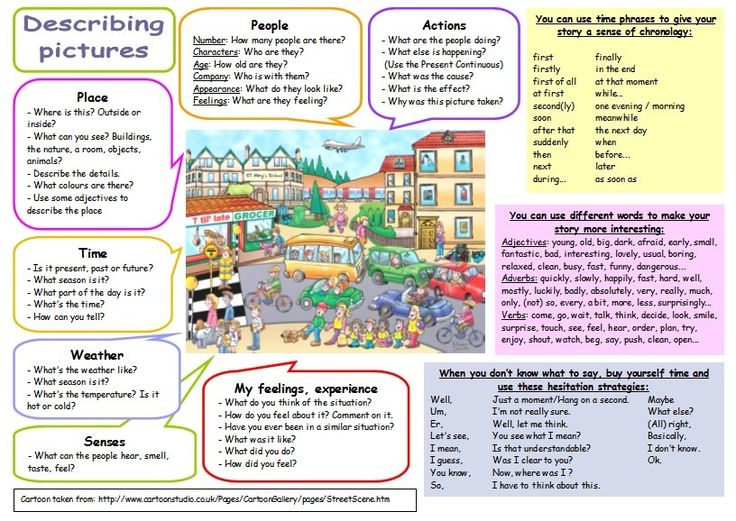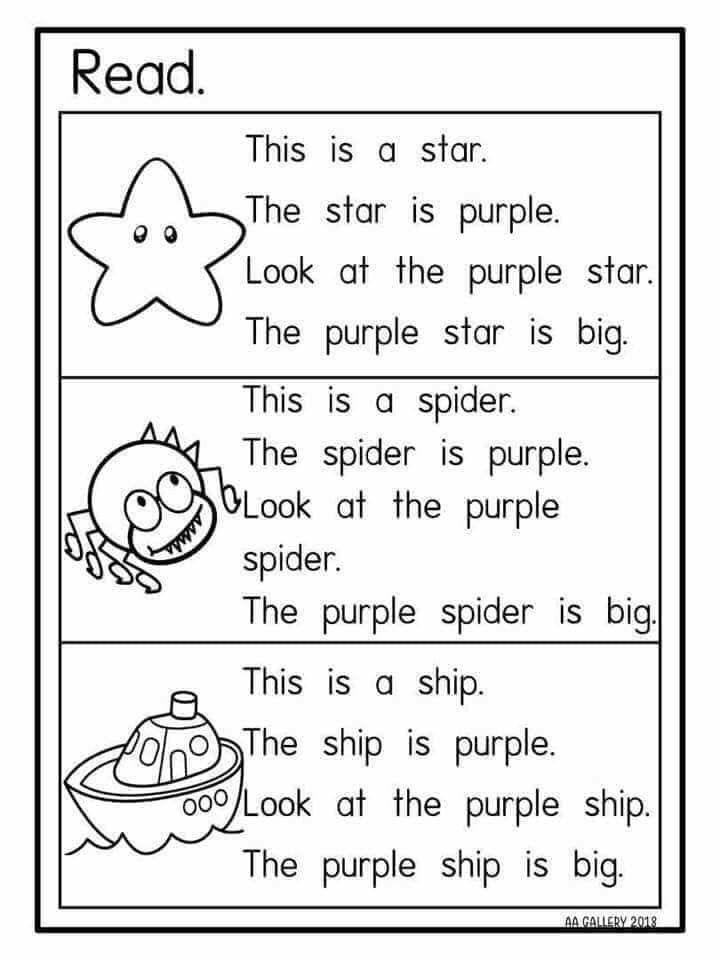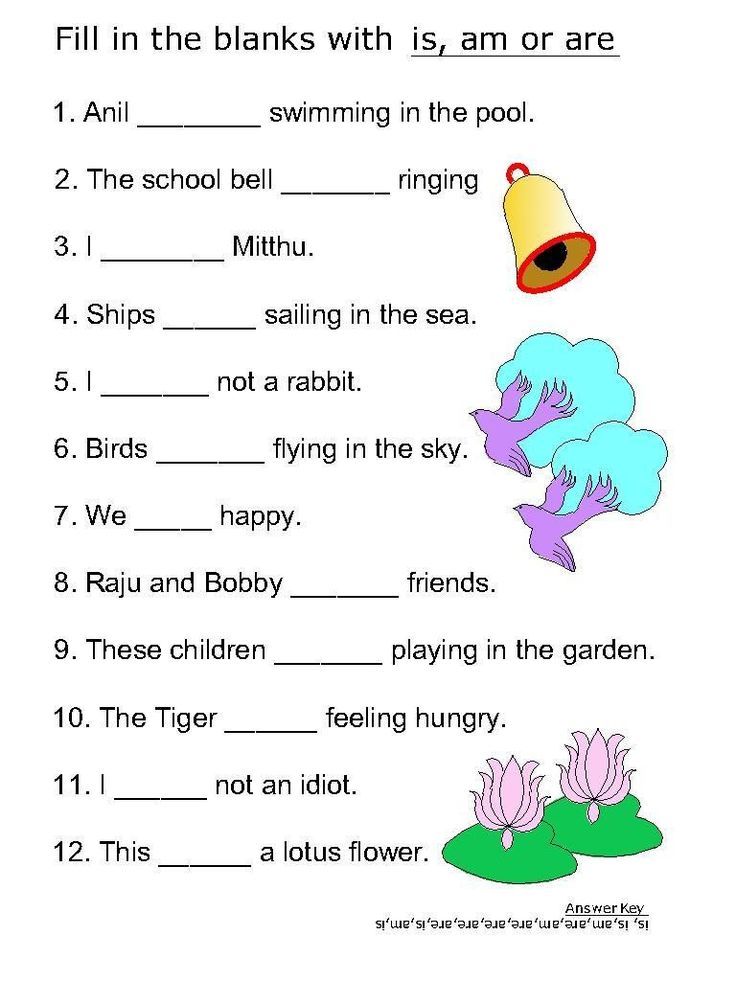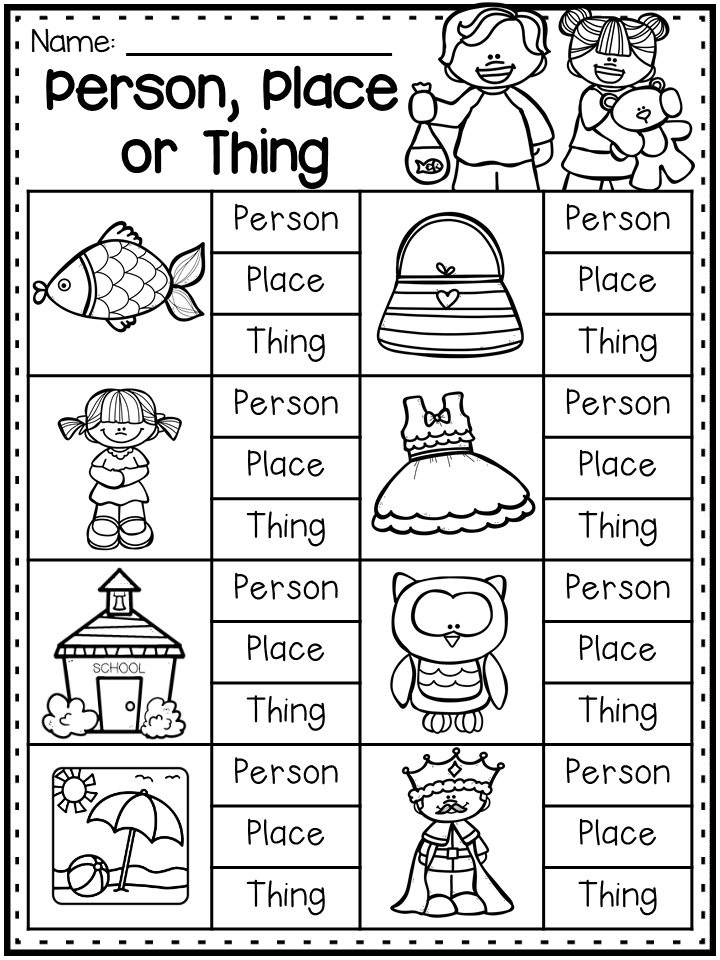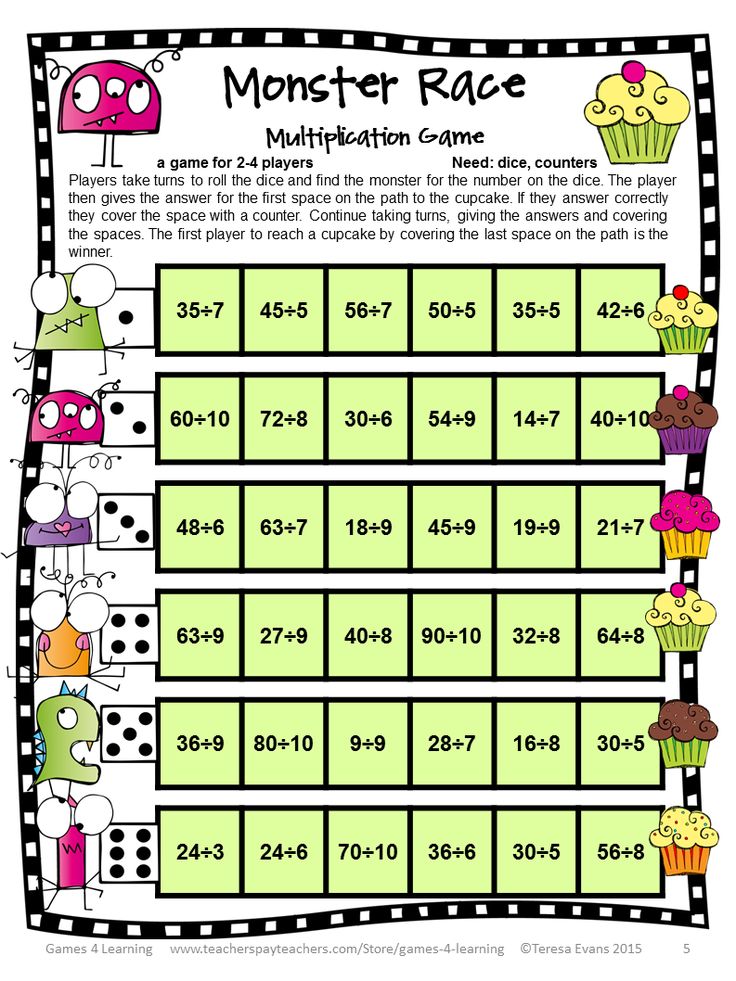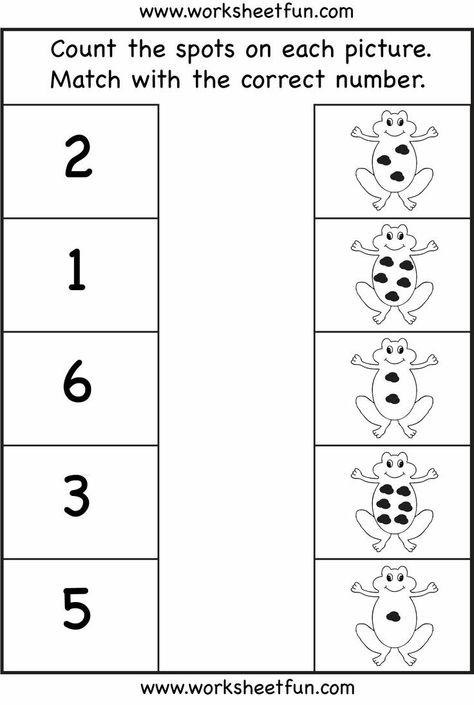How do kids learn best
In What Conditions do YOUR Kids Learn Best? – Project Inspire
I love Albert Einstein's quote, "I never teach my pupils, I only provide the conditions in which they can learn."
But what does that mean in practical terms?
How can you create the optimal conditions for your children, so that they can learn?The answer will likely be different for each member of your family, so sit down with a blank sheet of paper, and put on your thinking cap.
1. Write your child's name at the top of the page
Get somewhere quiet for a mini brainstorming session.
Take a few minutes to think about the steps below and write down your thoughts.
2. Consider their learning style
How do they learn best? Some typical examples are:
- Auditory - learns best by listening, like with audio books, verbal instructions, media. This is the child who can quote stories and movie lines after hearing them only once.
- Visual - learns best through the eyes. Reading, images, documentaries, movies, etc. This child describes what things look like, has attention to visual details.
- Aural - learns through song, rhyme, beat.
- Kinesthetic - learns best with their hands or movement. Other learning styles can work for this child, as long as they are also moving. Try audio books while walking, taking notes while watching a documentary, creating models, etc.
- Verbal - learns best through discussion, reading and writing.
- Logical - learns best with logic, reasoning, statistical detail. This child may love to debate the details.
- Social or Solitary - any of the above learning styles can look different depending on whether the child prefers to be in company or alone while learning.
3. How can you cater to their learning styles?
Write down your child's possible learning styles (they could have a combination, usually one is dominant, but not always), and consider the resources you have available and the environment of your home.
Could you allow your Kinesthetic learner to move around while watching a documentary instead of insisting they sit still?
Do you have audio books available for your Auditory learner or have you thought that wasn't "real" reading?
Do you take the time to discuss things with your Verbal learner or do you often shoo her away?
What resources that are specific to this child's learning style might you want to get?
4. Think about the environment and comfort of your home
Could you get some big, comfy floor cushions for family read aloud time?
Are your spaces conducive to everyone gathering together for learning time?
Is clutter managed so that you don't always feel that you need to be cleaning, and can focus on learning along with your kids?
Are books, games, art supplies and other resources in view so they are not forgotten?
5. Lead by example
Are you leading by example by reading, studying and creating?
The most successful homeschools I have seen, have the parents leading the education, not simply telling the kids what to learn.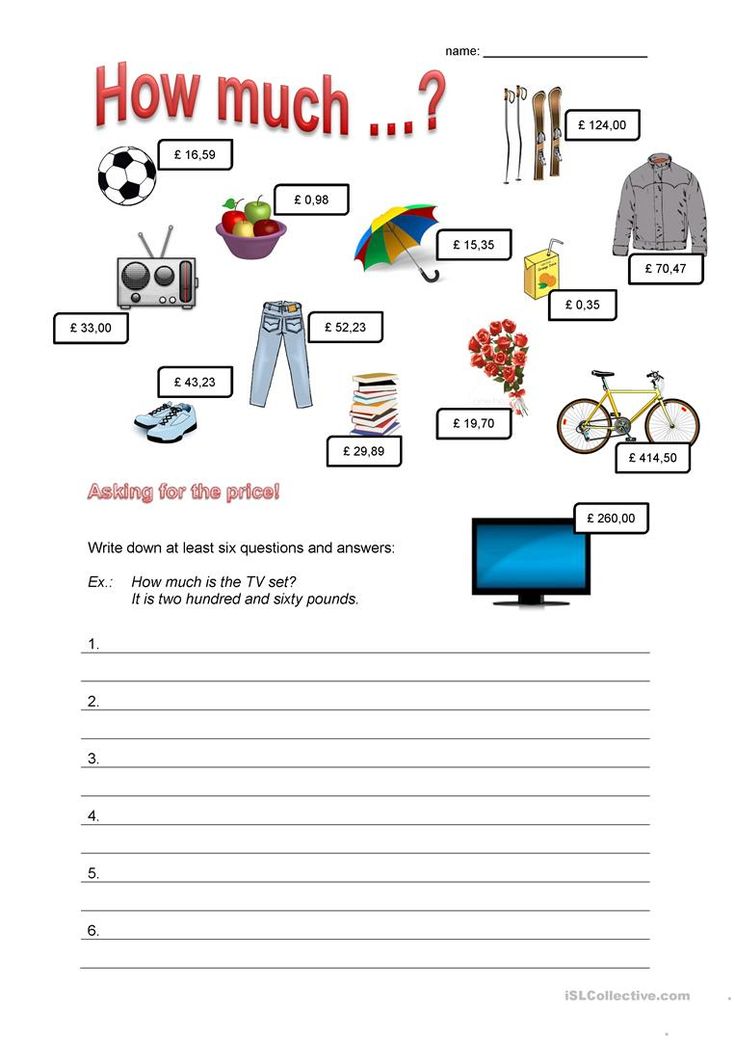
How could you better lead this specific child?
Maybe learning more about their favorite subject, showing your visual learner how you take notes when reading, or watching documentaries together and verbalizing your thoughts afterward.
6. Repeat for each child in your familyEven your grown children, and actually, even for yourself and your spouse.
These do not have to be long lists, just somewhere to start. Do this every 3-6 months, as interests change and your children grow up, and you will create conditions in which your children can really learn.
Comment below with what this process has shown you about the learning in your home.
How do children learn best?
As a parent, have you ever wondered how you can better support your child’s learning at school?
We sat down with Dr Kate Erricker, Nord Anglia Education’s Assistant Director of Curriculum — who has 21 years of educational experience — to discuss some of the best ways parents can identify their children’s individual strengths and help them develop their skills so they can get even more from learning at school.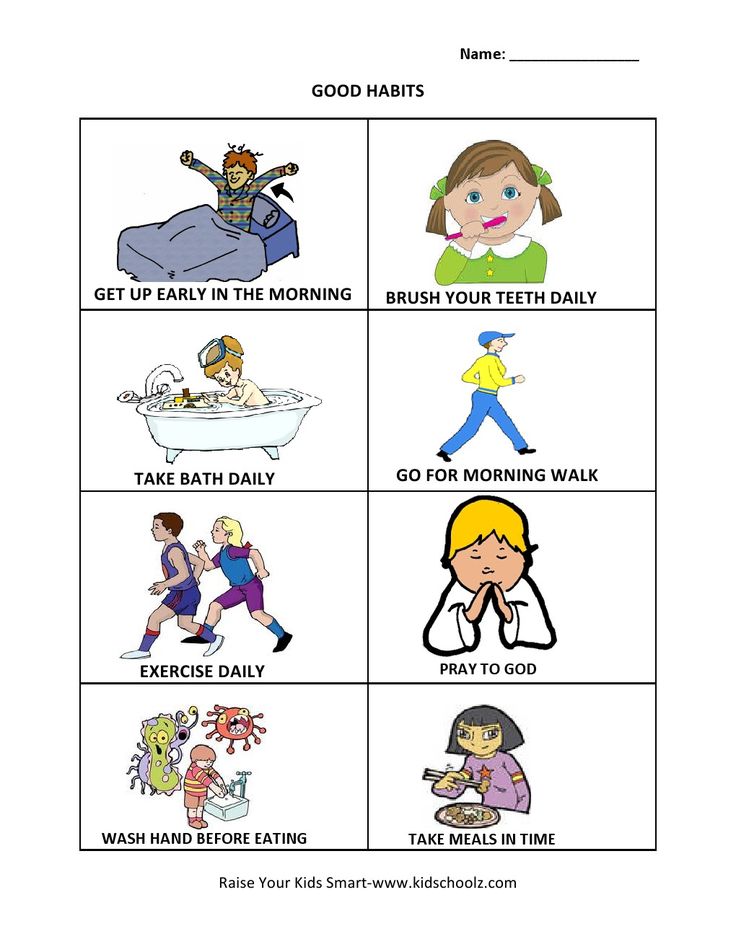
Is there one size fits all to help children learn?
Firstly, all children are individuals with their own aptitudes. They each have areas where they excel and also aspects of learning that they may find challenging. That's why we promote the idea that personalised learning is so important. Every child’s needs are different.
Research shows that there’s a range of approaches students can use to help them learn best. Understanding how to use these different strategies is a key part of developing your child’s independence and confidence.
What are some of the ways parents can support their child’s learning?
As a teacher and mum of two boys, I’ve spent a lot of time working with students, and I’ve found that there are some key techniques to support children in understanding and mastering new learning.
First, providing clear explanations, frequently checking that they understand, and breaking learning down into smaller steps are all good strategies for ensuring children don’t become overwhelmed by new learning.
Repetition works well too. Revisiting new information over time makes it more likely that learning will stick in our long-term memories. The idea is that a student learns something one day, comes back to it a week later, and then discusses it the week after that. This way, they’re less likely to forget and it’s more likely that they will be able to use this new learning again in the future.
A child’s environment is also incredibly important. A positive, social learning environment is just as important as having quiet concentration time. The pandemic taught us that a community of learners where students can talk to their peers, develop their thinking in discussion with others, and work together on projects is something that's essential to their social and academic development.
Also, having expert teachers on hand who can explain their thinking processes provides an essential model of expertise for our students. The value of great teachers who know their subject deeply can’t be understated.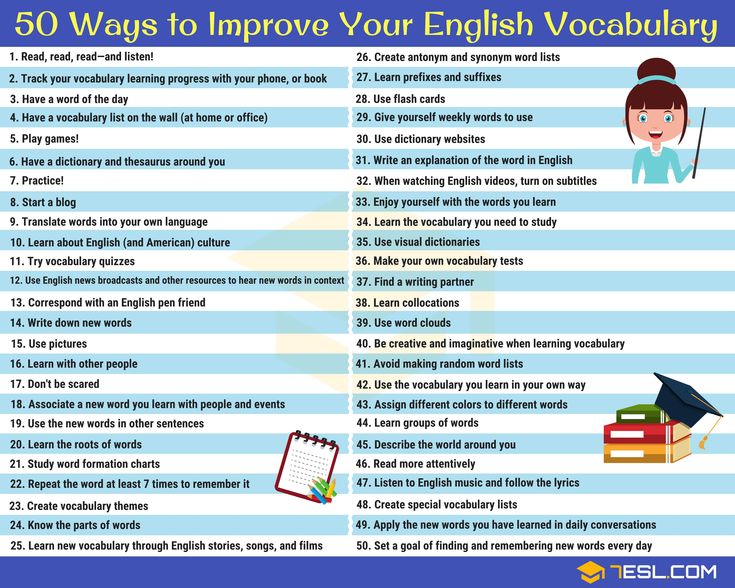
In the same way, parents should be actively partnering with their schools to ensure their child’s success. The most successful students, in my opinion, are those whose parents are involved with their school and actively support the learning objectives set by their teachers. At the same time, it’s important that parents encourage their children to be responsible for their own education, leading to confident, independent learners who are working towards their own success.
How can parents help their child become an independent learner?
It’s really about the students being aware of what motivates them in their learning and what they do when they're not motivated by a task. Students doing their school subjects will learn things that won't always motivate them. So, having strategies to be able to overcome that and motivate themselves to progress is important, and this should be supported by parents.
Talking to your child will also encourage metacognition about their own learning and allow them to develop greater awareness of their strengths and areas of development. Metacognition means “the act of thinking about thinking.” In other words, children need opportunities to reflect on how they learn best and the strategies that they can use to be successful.
Metacognition means “the act of thinking about thinking.” In other words, children need opportunities to reflect on how they learn best and the strategies that they can use to be successful.
Even asking ‘how was your day?’ or ‘what did you learn today?’ is a fantastic way to encourage your child to reflect on what and how they have learned. You can extend that conversation by asking other question prompts, which can deepen their understanding of how they learn.
Some addition prompts that you could pose to your child at home are:
- What is something you learned today that was exciting or interesting? What about it was exciting?
- Was there something that you struggled with today or found difficult? What did you do? How could you do it differently next time?
- How did your feelings or mindset affect your time in school today?
- Is there anything you need additional support from your teachers on?
- Is there anything that we could do at home to support your learning better?
- What other questions do you have and how can we explore those together?
Having these conversations are important because it shows that you are invested and interested in their school experience, and it also gives them an opportunity to revisit their learning. You might also find that, after these conversations, you’ll develop a better sense of your child’s individual aptitudes and interests, which can help you support them further.
You might also find that, after these conversations, you’ll develop a better sense of your child’s individual aptitudes and interests, which can help you support them further.
Do you have any other thoughts on how to support their child’s learning?
I think the key is to always have those conversations at home that show you’re taking an interest in your child and keeping that enthusiasm for learning going, which we know our teachers work so hard to generate during the school week.
This can be as simple as just having a conversation around the dinner table, looking at the work they've done, or celebrating successes and supporting areas they’re struggling with. I know parents do this, and they do it well, so it's about celebrating the importance of the parental relationship with the school and creating partnerships with your child’s teachers.
Kate Erricker is the Assistant Director of Nord Anglia University.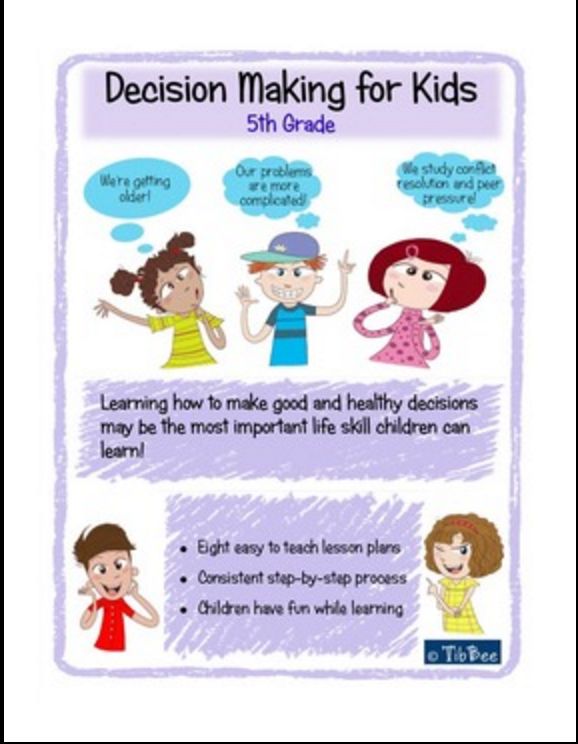
6 ways to teach your child to learn
One of the most common parental requests is “The child does not want to learn, what should I do?”. But in order to want to learn, you must at least be able to learn. And this is a skill! Our blogger, child psychologist Olga Kondrashova talks about how to acquire and develop this skill.
You should not expect that a child will be able to do it on his own: while a small person is in grades 1-2 (in grade 3, responsibility for oneself more or less begins to turn on), he is not yet very collected, organized, simply “sane”. Therefore, he needs outside control, that is, he must simply be taught to learn, to show how it is done.
Of course, there are children who, due to increased anxiety, for example, fear of the teacher or parents, or, conversely, excessive fascination with the teacher (more common among girls), are themselves worried about doing homework. But this is rather an exception to the general rule. So, the responsibility for a child's ability to learn lies largely with adults!
Now there are many expert assessments that come down to the thesis - the child's interest is above all. I agree that it is criminal to crush the initiative of a child. But, unfortunately, excitement from novelty falls even in an adult, and the ability to return oneself to concentration, whether it be solving a problem or simply assimilating new information, I think, will remain relevant. At least until we are "chip" with already built-in programs, by analogy with gadgets. But for now, you and I have children, not robots. And after a certain time, your child will move from elementary school to high school, where it will be more difficult to study.
I agree that it is criminal to crush the initiative of a child. But, unfortunately, excitement from novelty falls even in an adult, and the ability to return oneself to concentration, whether it be solving a problem or simply assimilating new information, I think, will remain relevant. At least until we are "chip" with already built-in programs, by analogy with gadgets. But for now, you and I have children, not robots. And after a certain time, your child will move from elementary school to high school, where it will be more difficult to study.
In addition, the motivational priority shifts in high school — the child “flies” from the importance of learning to the importance of establishing social connections (friends are above all!)
he will no longer fall into hopelessness or despair - "everything is useless, everything is already so neglected, such a wild volume, I can no longer cope with it, there is no point in even starting!". There will be no such problems if the child already has a conscious experience of "inclusion" in the lessons. How to keep the attention of the child during the lessons?
How to keep the attention of the child during the lessons?
1. Give new meaning to boring tasks
For example, a child needs to learn how to write letters beautifully. Options: “OK, how are we going to write a message to Santa Claus? He won’t understand anything in your scribbles, it will be a shame if you don’t get what you ask for for the New Year ”... Or: “Let's write a letter to grandmother? You just need to write so that she can read, she doesn’t see very well!” Or: “What if you find yourself on a desert island? Then you will need to write a message to people and send it in a bottle. Let's learn to write legibly!
2. Stimulate intrinsic motivation
You can ask a child and encourage him to think about what this or that skill will give him - the ability to read, write, count, memorize. This can become the basis of his own intrinsic motivation - the strongest and brightest stimulus. Alas, it burns brightly, but not for very long. It will be necessary to periodically remind the child about the benefits of what he himself once thought of and what he himself came to.
3. Change roles - instead of a student "teacher"
All lecturers know that if you want to know a subject better, give a lecture on it. We turn the child into a teacher, put all his bunnies, cars, bears, dolls in front of him and play school. By the way, you can also play along in the role of the most naughty and most "talentless" student - "Oh, how difficult it is to write these numbers! I can't do it at all!" Or deliberately make a lot of mistakes. Usually children are very happy when they see themselves from the outside.
This technique relieves tension, allows you to speak in a safe mode and realize the difficulty of learning. And this, as you remember, improves self-control and increases "sanity", that is, the child sees an obstacle (laziness, inattention, inability to force himself to finish) with which he needs to cope.
Plus, this reduces the fear of making mistakes. This is a very important point, because children at school are constantly in the zone of anxiety and incompetence - every day they are faced with new material, new tasks and new requirements for their intellectual abilities.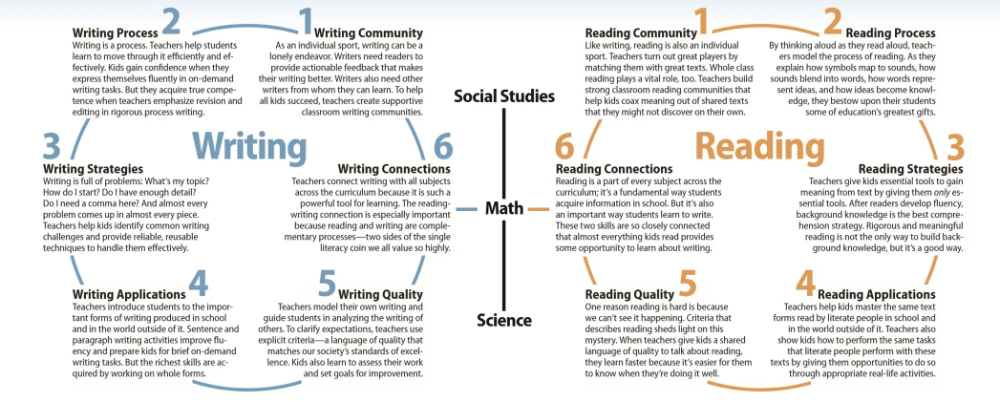 The ability to calmly endure failures and mistakes is an important quality that allows you to move forward, and not fall into the pit "I am a worthless clumsy."
The ability to calmly endure failures and mistakes is an important quality that allows you to move forward, and not fall into the pit "I am a worthless clumsy."
4. Teach him to do his homework
After some time, when you see that the child has mastered the skill of "doing homework", we gradually begin to leave him alone. But it is necessary to make sure that the child understands that failure to do homework and poor study in general have negative emotional consequences for him. That is, you need to create a field of expectations around it, in which there are necessarily two topics.
First, let him know that you appreciate his efforts. You can say: “We are happy when you are doing well” or “We are upset when you are not doing well.” So the child will learn that you respect his work, his efforts on himself, his ability to show his will, his growing and strengthening independence. This also allows one to form such an important quality of character as the ability to achieve goals and respect oneself for the result achieved.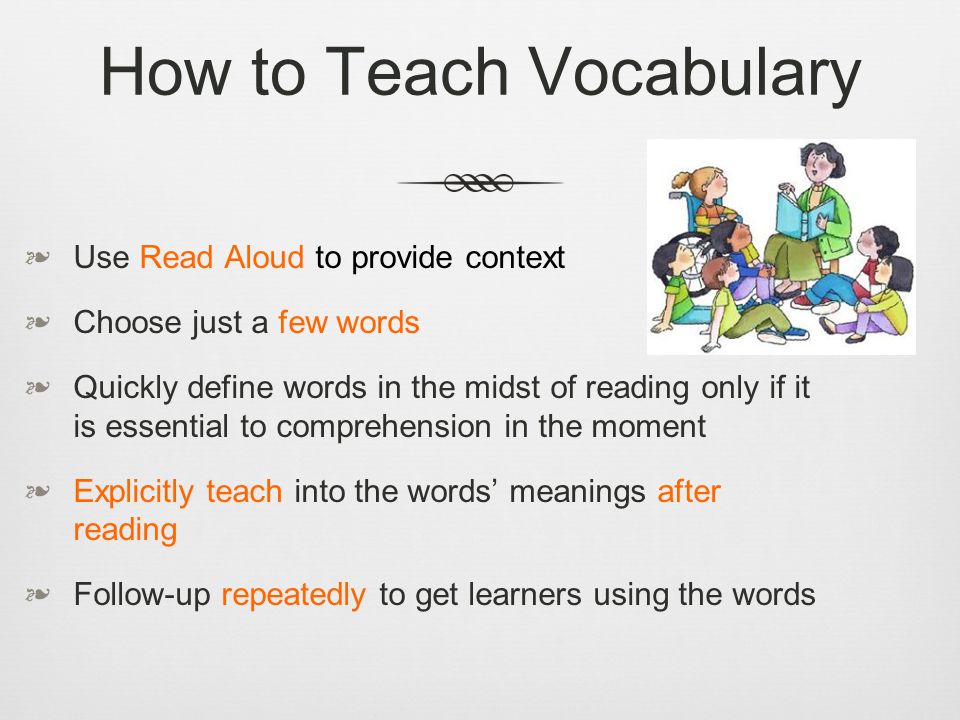
The child will learn to motivate himself with this experience and the feeling of joy and elation that will follow each self-conquest. An important nuance - try to make your comments for the child clear and specific. Not just "You're great!" or “Excellent!”, but “How glad I am that you managed to finish everything!”.
Second - say that if something does not work out, then this is not a disaster! This will allow the child to avoid excessive anxiety about punishments and disappointment in him and remove a negative emotional connotation from the learning process. For example, you can tell him: “If something doesn’t work out so well for you, know that we will always help you”, “We will not scold you for a bad grade. Let's just agree, if something doesn't work out for you or you don't understand something at school, speak right away and together we will sort out difficult places or explain to you what you didn't understand. We will always help, the main thing is not to launch the item, ok?".
This is how the child receives a vector of development - that is, he is not indifferent, his efforts are important and appreciated by someone. At the same time, parents do not viciously control him, but worry about him and are always ready to help and support him.
5. Share successes
At a family dinner or on a walk, you can discuss with your child that he has now become more adult, especially since he himself strives for this, expecting to go to first grade. And adults always have things that they don’t want to do, but they have to! Because it leads to such and such "cool" results. It is imperative to emphasize the very important and positive consequences of these cases with the “must” mark. It’s good that all family members tell the child what these “needs” they personally have and why it is important to fulfill them, what good can come from them.
At the end of the day, you can share with each other how hard it was for everyone to have their "must", but we - cheers! - dealt with them!
6.
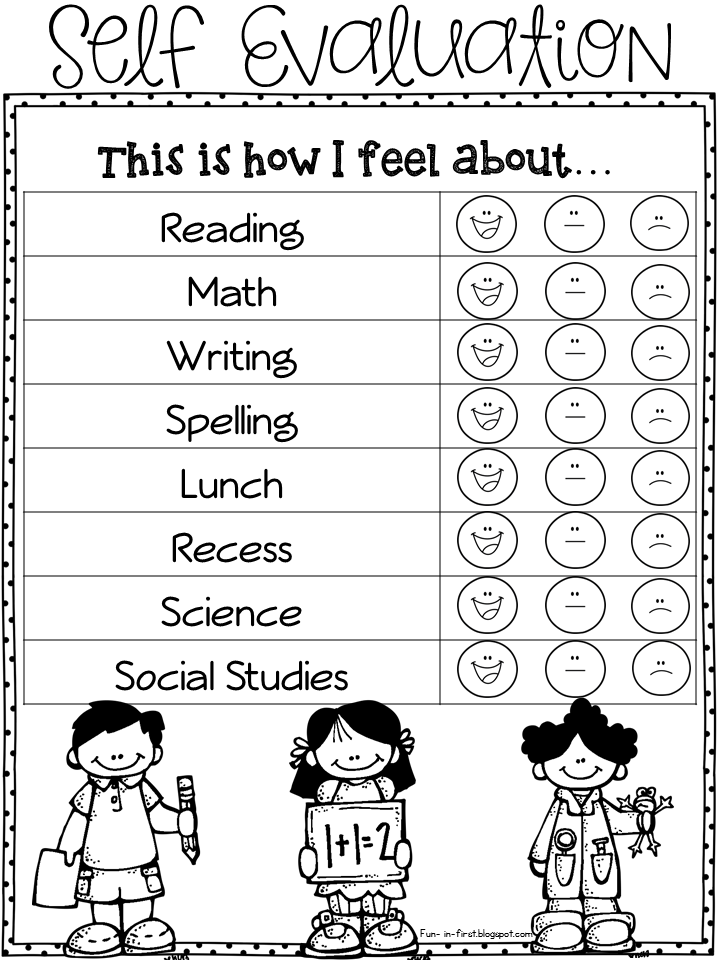 Work with material
Work with material Last general rule. When checking your child's homework, remember that the best way to master, remember or know the material being studied well is not to read it 100 times, but to tell it once or do some tasks based on this material.
Photo: Unsplash (Aaron Burden)
What is the best age to start learning? | AMAkids Academy Articles
Looking at young parents, sometimes it seems that they are racing the distance called "Who will start teaching the child first." Even a child who is still sweetly sucking his mother's finger in the tummy and does not think at all about letters, numbers and "as the dog says," some parents try to develop.
Is early development necessary? What is the best way to teach a child and when to do it? Let's first define the terms.
Development is a certain change leading to the emergence of a new quality. The purpose of development is to stimulate cognitive interest. It doesn't matter in what area.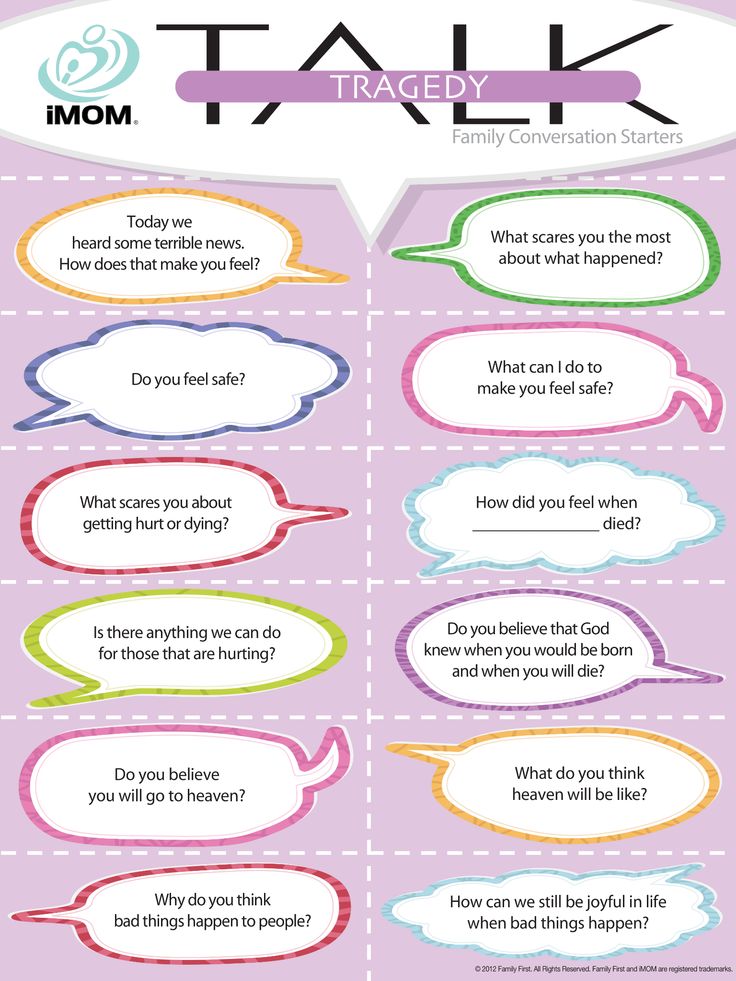 Development is techniques, methods, methods.
Development is techniques, methods, methods.
Education is the activity of an adult in relation to a child, as a result of which the child acquires new skills, acquires new knowledge. Learning is facts, skills, knowledge.
For example, learning that a cube is made of wood and looks like a square is learning. And to come up with an unusual way to build a tower of cubes is development.
A bit of anatomy
The nervous system consists of neurons (cells). They are interconnected to form neural networks.
It is interesting that neurons constantly form new networks, adjusting to certain tasks facing a person. Play the piano, smell a fruit, read a book - in each case, your own neural network will be formed.
Why is it important to know? The formation of a neural network occurs in a child constantly. And the more networks are formed, the more developed the son or daughter will be.
How to form neural networks? Enrich your child's life with a variety of experiences.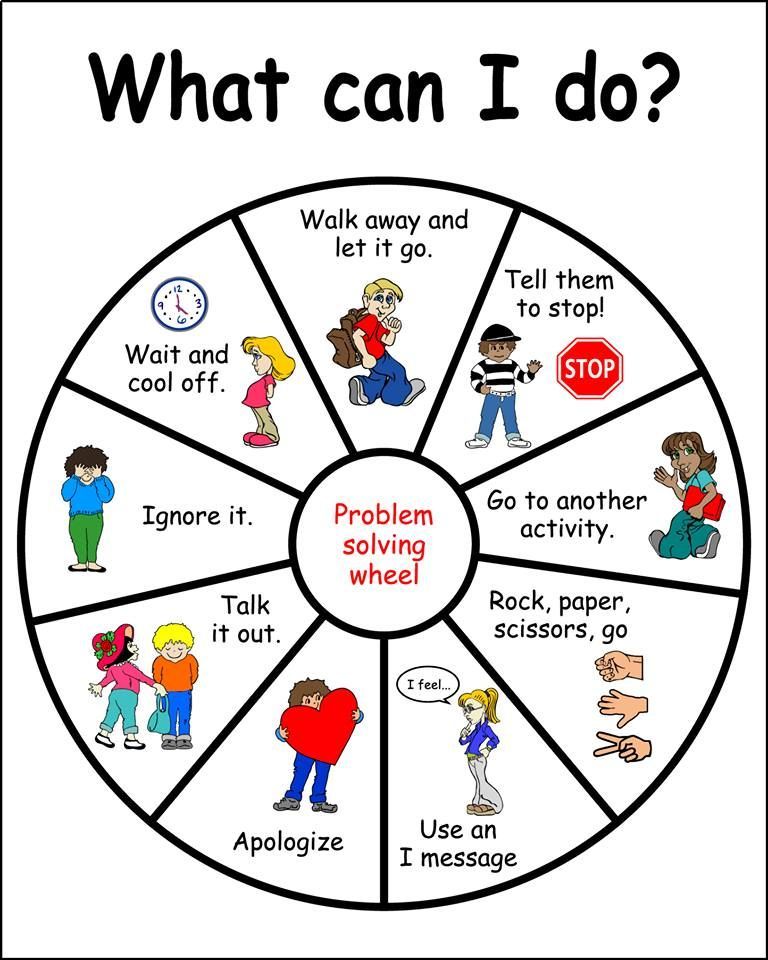 Children get impressions from trips, new games and activities, watching interesting videos. Sculpt not from plasticine, but from foam, draw not with brushes in the album, but with semolina on a tray, dance, experiment, try to do ordinary things in unusual ways.
Children get impressions from trips, new games and activities, watching interesting videos. Sculpt not from plasticine, but from foam, draw not with brushes in the album, but with semolina on a tray, dance, experiment, try to do ordinary things in unusual ways.
The importance of child development
In order for a child to develop harmoniously and successfully, certain conditions must be created for this:
- take care of his physical and mental condition;
- give the opportunity to independently try new methods and modes of action;
- take into account its age characteristics;
- use all the senses;
- to form a rich learning environment.
Just imagine - you are building a house. In order for it to be strong, not sag, not squint, you need a strong foundation. It is on him that the main burden falls. In the development and education of the child, the foundation is the formation of neural connections, the development of mental processes.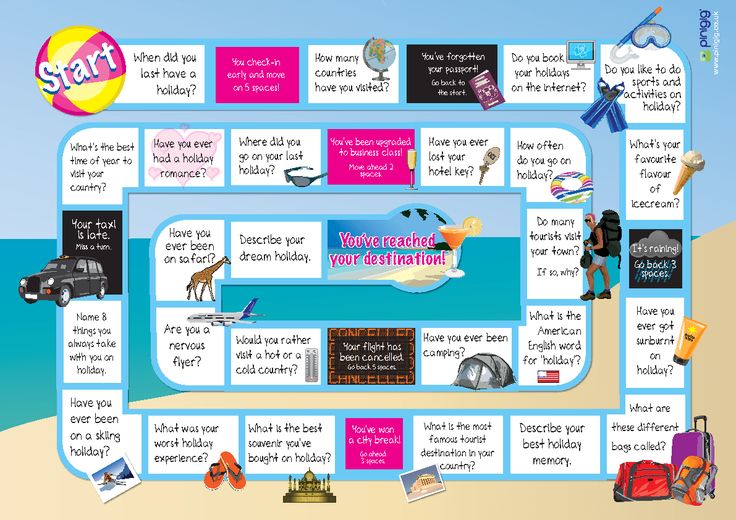 This is the basis, the basic level necessary for the child to learn further knowledge.
This is the basis, the basic level necessary for the child to learn further knowledge.
At what age should a child start teaching?
It is necessary to develop a child (to develop!) as early as possible. Let him move a lot, ask questions, try to do ordinary things in unusual ways, change the environment often and get the most out of new experiences. Visiting theaters, concerts, museums, various exhibitions will certainly make an important contribution to the development of the baby. Unless, of course, all activities are age-appropriate.
At what age is it better to teach a child new knowledge and skills? Some parents start classes at the age of 3, others think about it closer to 5 years, and still others extend the child's childhood to 7 years old. Which of them is right?
Everything depends on the child himself, his activity, readiness, interest and ability to perceive information. It is necessary not to succumb to the general trend of fashion, but to look at your child: can, is he ready, does he want to?
At every age there are sensitive (favorable) periods for the development of new skills.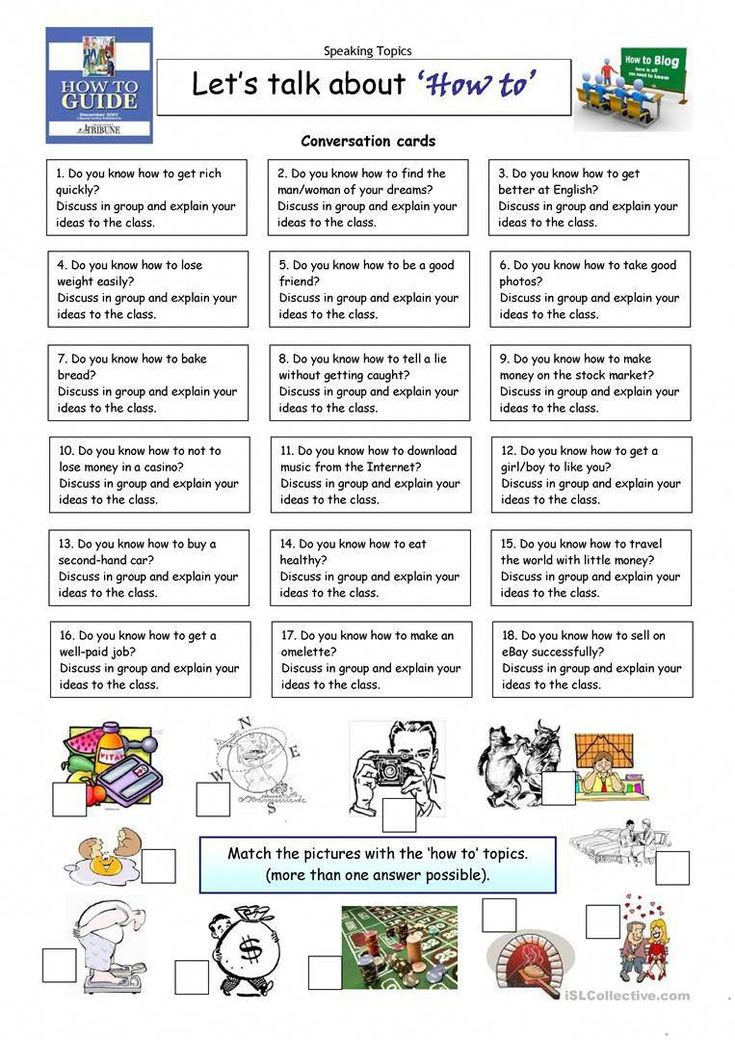
- favorable period of speech development - from 0 to 6 years;
- willingness to learn the rules of order - from 0 to 3 years;
- sensory development lasts from birth to 5.5 years;
- period of perception of small objects - from 1.5 to 5.5 years;
- period of movements and actions - from 1 to 4 years;
- a favorable period for the development of social skills is from 2.5 to 6 years.
When teaching and developing a child, one should take into account these periods, as well as the peculiarities of developmental psychology.
Peculiarities of teaching a child from the age of 3
The main activity of a child at this age is play. And he can learn new knowledge only by playing.
Mental processes are unstable, the behavior of a preschooler depends on his state of health and the environment. The child may be distracted from classes due to the fact that he is hot or presses the elastic band on the pantyhose.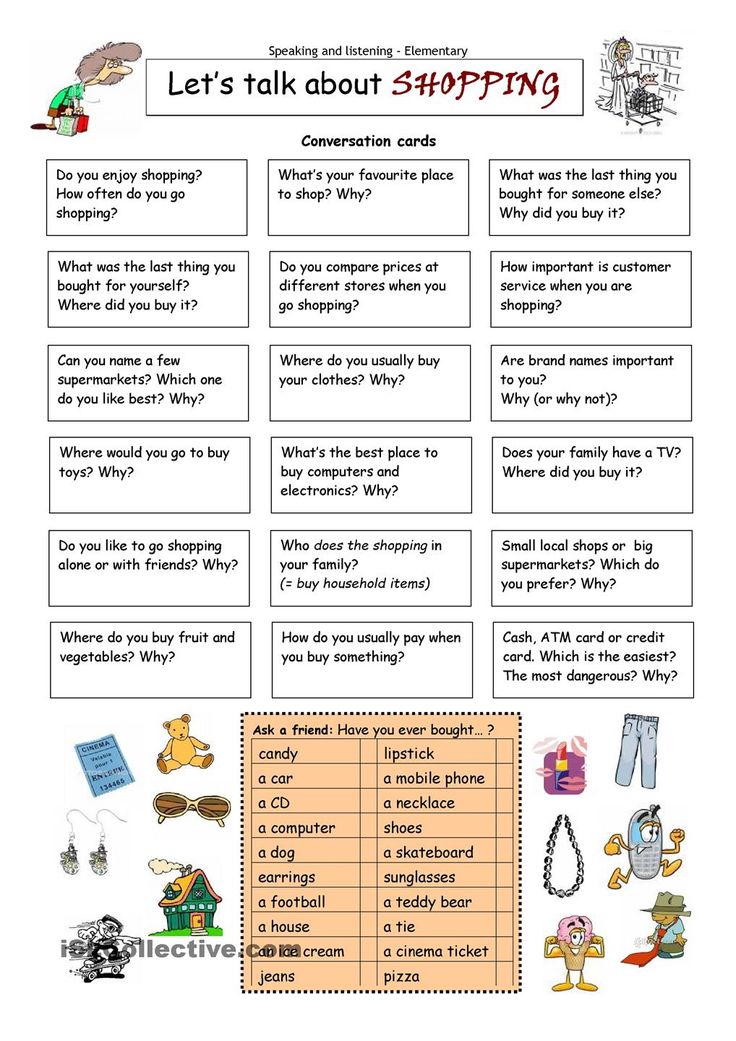 And he will remember only that which suddenly attracted and interested him. The richer the created developing environment, the more subjects the child will be interested in. This means that an adult will have more opportunities to teach him.
And he will remember only that which suddenly attracted and interested him. The richer the created developing environment, the more subjects the child will be interested in. This means that an adult will have more opportunities to teach him.
If you teach a child through force, force him to concentrate, then you can form an aversion to classes, which will negatively affect further learning.
Peculiarities of teaching a child from the age of 5
The game also remains the leading activity, only it becomes more difficult, a plot appears, roles are distributed. The number of opportunities for learning increases as mental processes develop: the amount of memory grows, periods of concentration.
Involuntariness of attention and memory is replaced by voluntariness - a preschooler can be asked to focus on the subject of education.
If classes are conducted without taking into account the individual characteristics of the child, he will become bored and all the benefits of the classes will come to naught. Therefore, it is important when learning from the age of 5 to choose an experienced teacher and an interesting program for the child.
Therefore, it is important when learning from the age of 5 to choose an experienced teacher and an interesting program for the child.
Peculiarities of teaching a child from the age of 7
Closer to the age of 7, the child's brain itself prompts - it's time to learn. The leading activity of the child is teaching. He is interested in learning new things, trying other ways of acting, knowing more today than yesterday. Mental processes are sufficiently formed in order to concentrate on the subject of study, complete the tasks of the teacher and not be upset if something does not work out.
Younger students are able to solve various problems, establish connections between objects, generalize and systematize. They are already developing arbitrary memory.
But attention is still unstable, although children of 7 years old can concentrate on one subject for more than 15–20 minutes. Therefore, learning should be bright, dynamic, so that the child does not get bored and is not distracted by more interesting things.